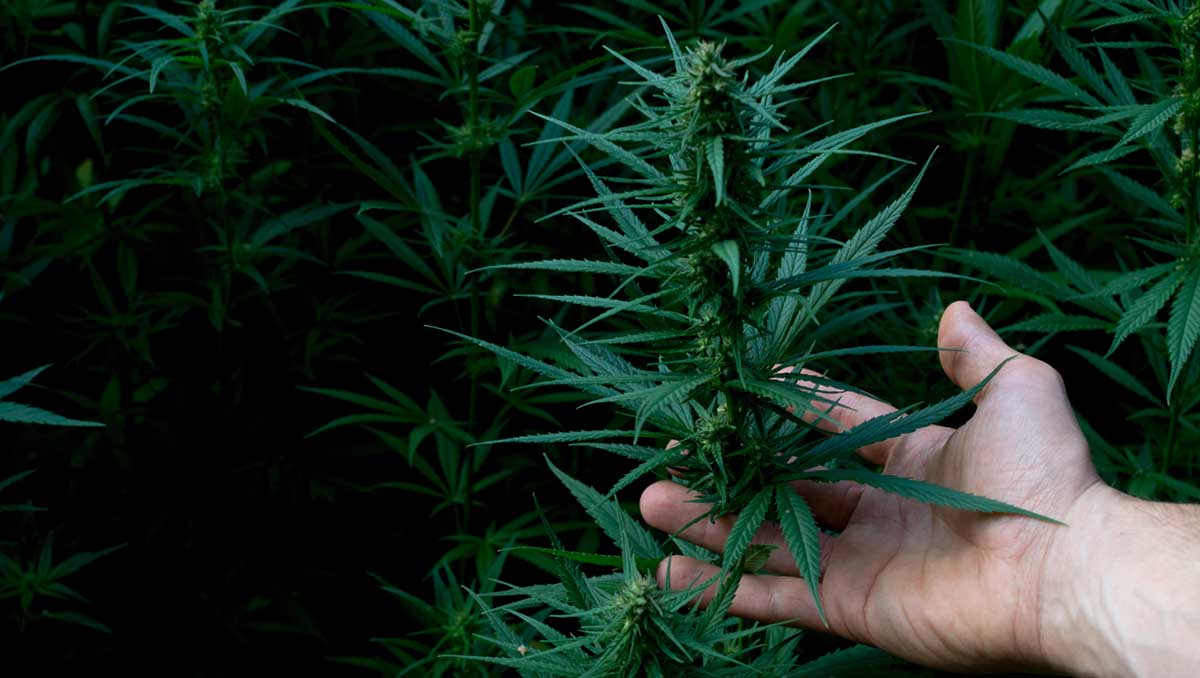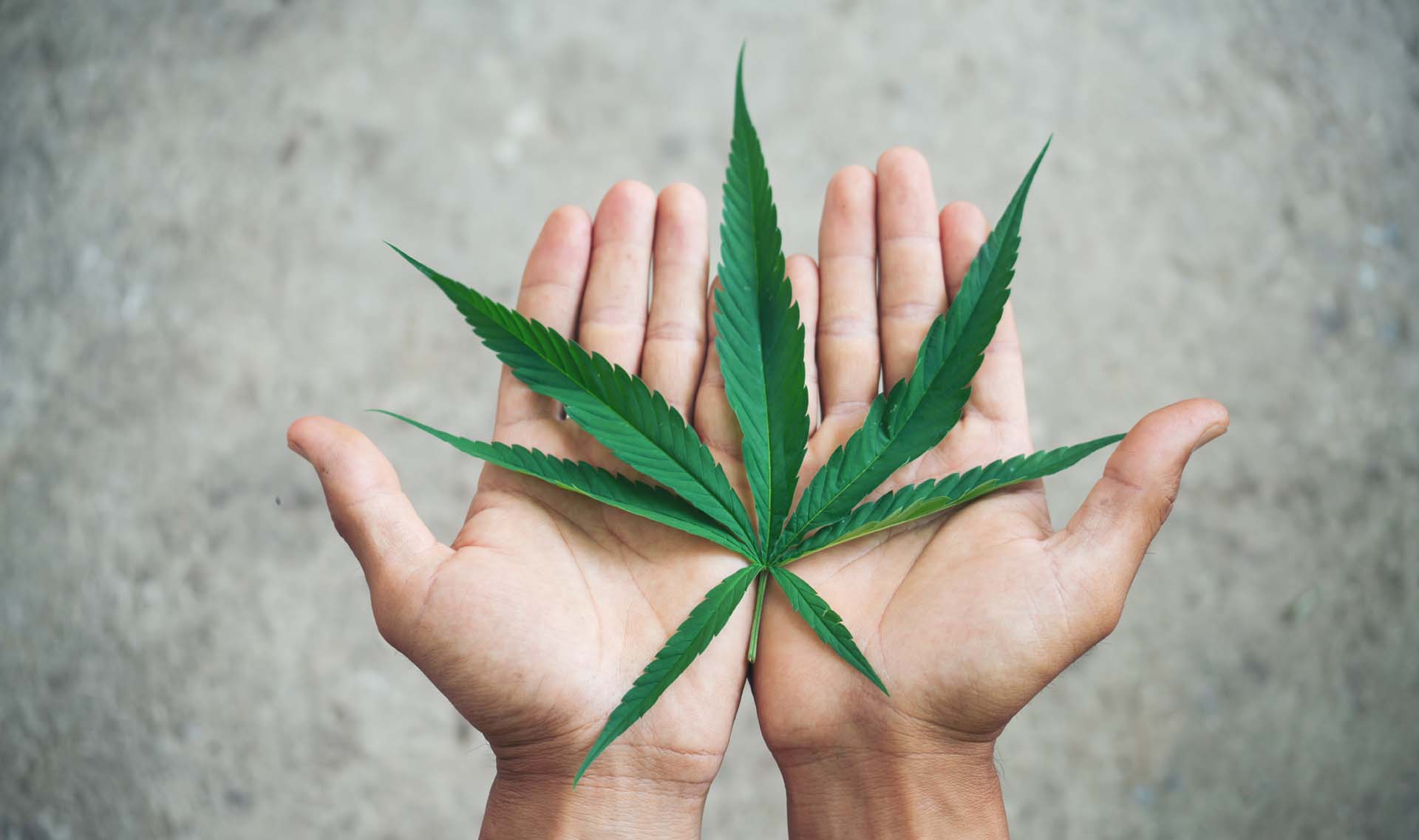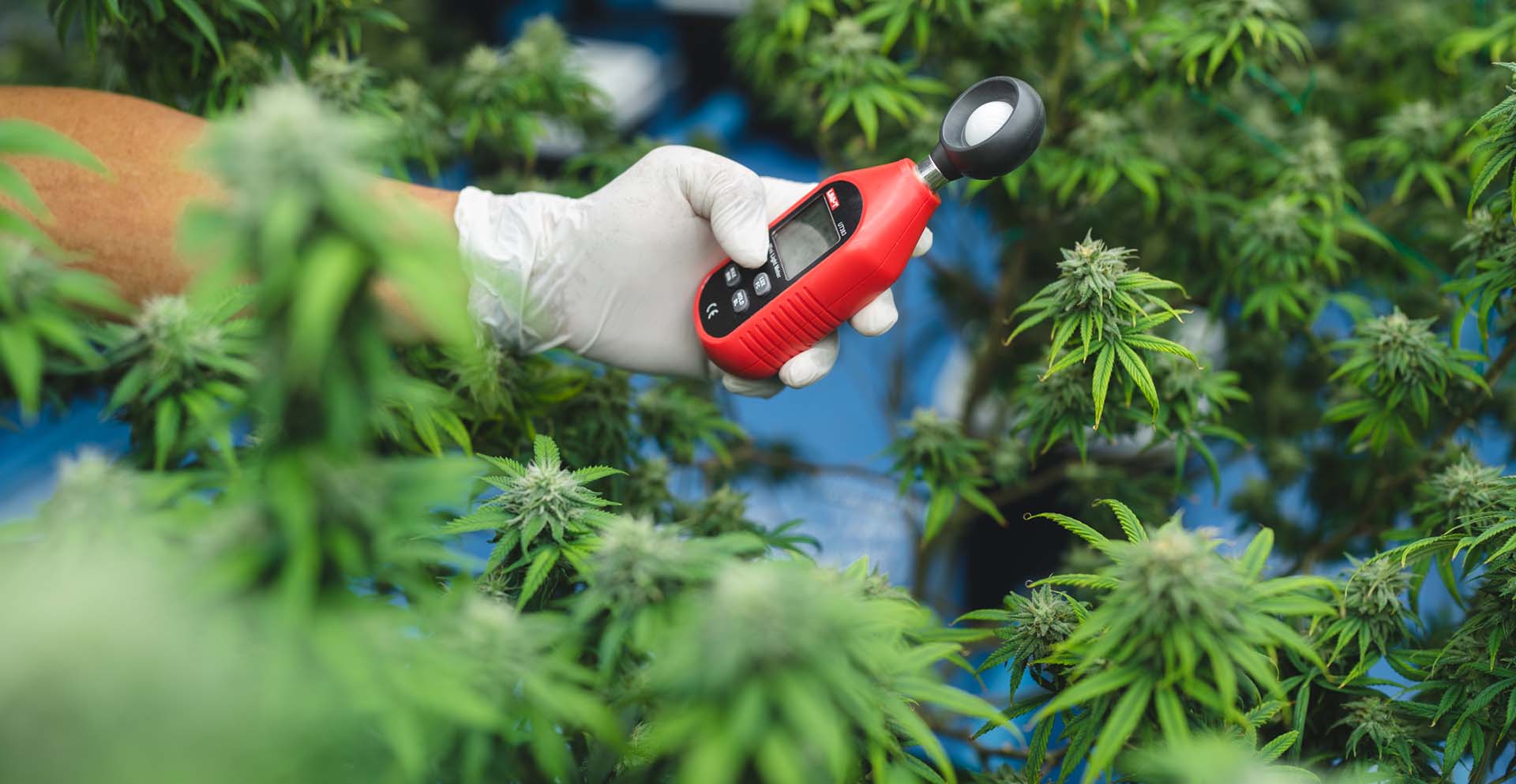Now accepting clients for New York, Maryland, Delaware, and Missouri! Please contact us if you have questions.
The Guide to Navigating Green Zone Regulations for Cannabis Businesses
Table of Contents
Cannabis has been a growing industry in recent years, with the legalization of its use for medicinal and recreational purposes in various jurisdictions. However, the cannabis business is subject to specific regulations to ensure responsible and safe operations. One crucial aspect of these regulations is the establishment of green zones for cannabis use. In this article, we will explore the significance of green zone regulations for cannabis businesses, the types of regulations in place, compliance requirements, challenges faced by businesses, benefits of green zones, case studies, tips for success, and future trends.
Introduction
The cannabis industry has witnessed significant growth in recent years, and with that growth comes the need for regulations to ensure the industry operates safely and responsibly. Green zone regulations play a vital role in this process by defining specific areas where cannabis businesses can operate. These regulations help maintain a balance between the economic benefits of the cannabis industry and the potential impact on communities and the environment.
What are Green Zone Regulations?
Green zone regulations are local laws or ordinances that define specific areas where cannabis businesses can legally operate. These regulations typically include zoning restrictions, buffer zones, and rules related to sensitive use areas. The aim is to control the location and proximity of cannabis businesses to sensitive locations such as schools, parks, and residential areas.
Importance of Green Zone Regulations for Cannabis Businesses
Green zone regulations are crucial for several reasons. Firstly, they help ensure the safety and security of communities by minimizing the potential negative effects associated with cannabis businesses. By establishing specific areas for cannabis operations, it becomes easier to monitor and enforce compliance with regulations.
Secondly, green zone regulations provide clarity to cannabis business owners regarding where they can seek viable marijuana real estate. This helps businesses plan their operations, obtain necessary permits and licenses, and engage with the local community effectively.
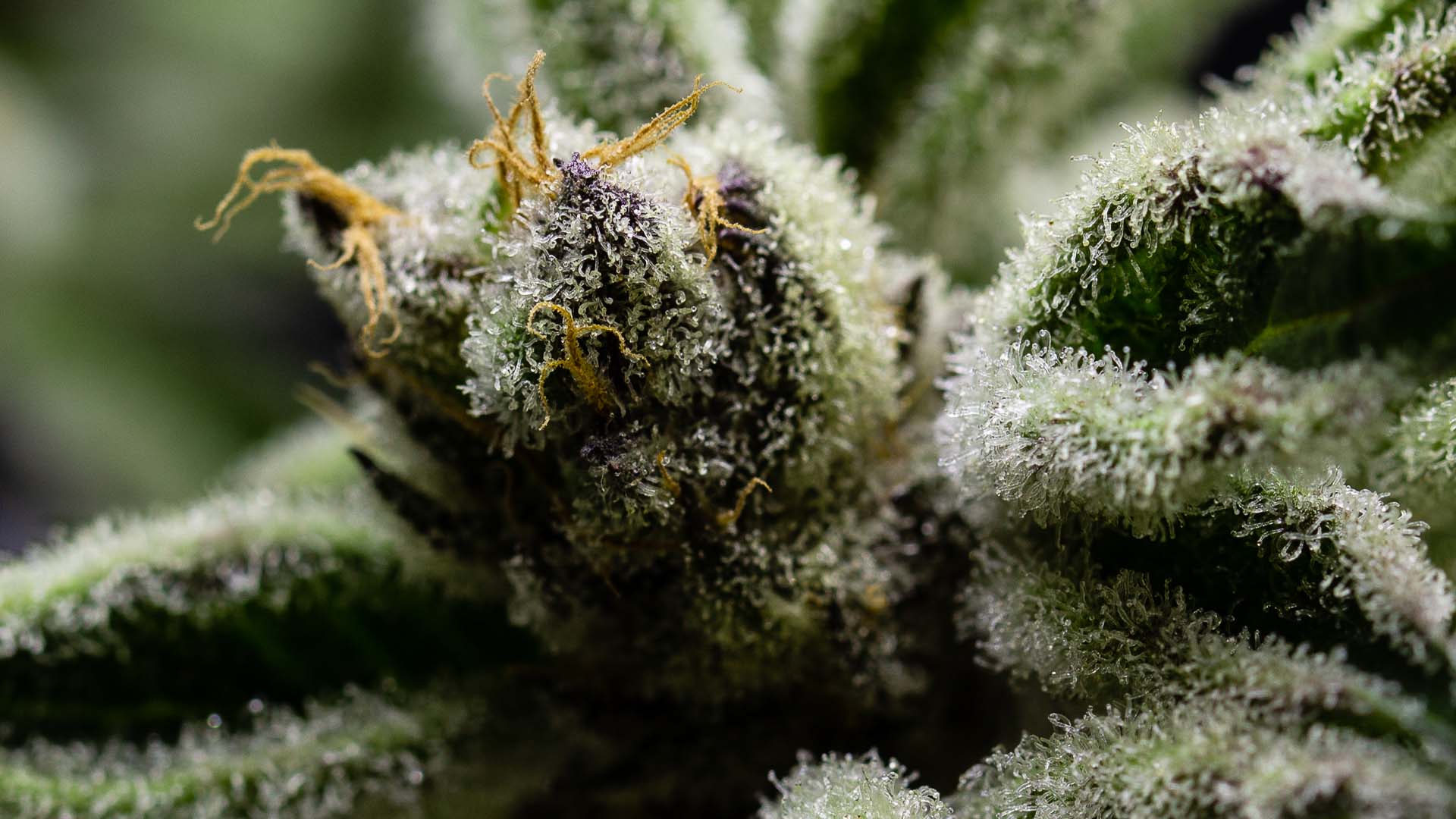
Types of Green Zone Regulations
Zoning Restrictions
Zoning restrictions are a common component of green zone regulations. These restrictions define the specific zones within a jurisdiction where cannabis operation can legally operate. They may include industrial areas, commercial zones, or specific districts designated for cannabis-related activities.
Buffer Zones
Buffer zones are areas around sensitive locations where cannabis businesses are restricted from operating. These locations can include schools, daycares, religious institutions, and public parks. Buffer zones help protect vulnerable populations and minimize potential conflicts between cannabis businesses and community spaces.
Sensitive Use Areas
Sensitive use areas refer to locations with high concentrations of vulnerable populations or areas that require special protection. These areas may include hospitals, rehabilitation centers, nursing homes, and residential neighborhoods. Green zone regulations aim to prevent cannabis businesses from operating in close proximity to these sensitive areas to ensure the well-being and safety of the community.
Compliance with Green Zone Regulations
To operate within green zones, cannabis businesses must comply with specific requirements including following zoning laws. These requirements may vary depending on the jurisdiction, but commonly include:
Obtaining Permits and Licenses
Cannabis businesses must obtain the necessary permits and licenses to operate and sell them legally within green zones. These permits often require businesses to demonstrate compliance with zoning regulations, security measures, and other applicable laws.
Meeting Distance Requirements
Green zone regulations often impose minimum distance requirements between cannabis businesses and sensitive areas. Businesses and dispensaries must ensure they are located at a safe distance from schools, parks, and other designated sensitive locations.
Environmental Impact Assessments
Some jurisdictions may require cannabis businesses to conduct environmental impact assessments, especially for marijuana cultivation operations. These assessments evaluate potential impacts of cannabis products on air quality, water resources, and surrounding ecosystems. By assessing and mitigating potential environmental risks, businesses can demonstrate their commitment to sustainability and responsible operations.
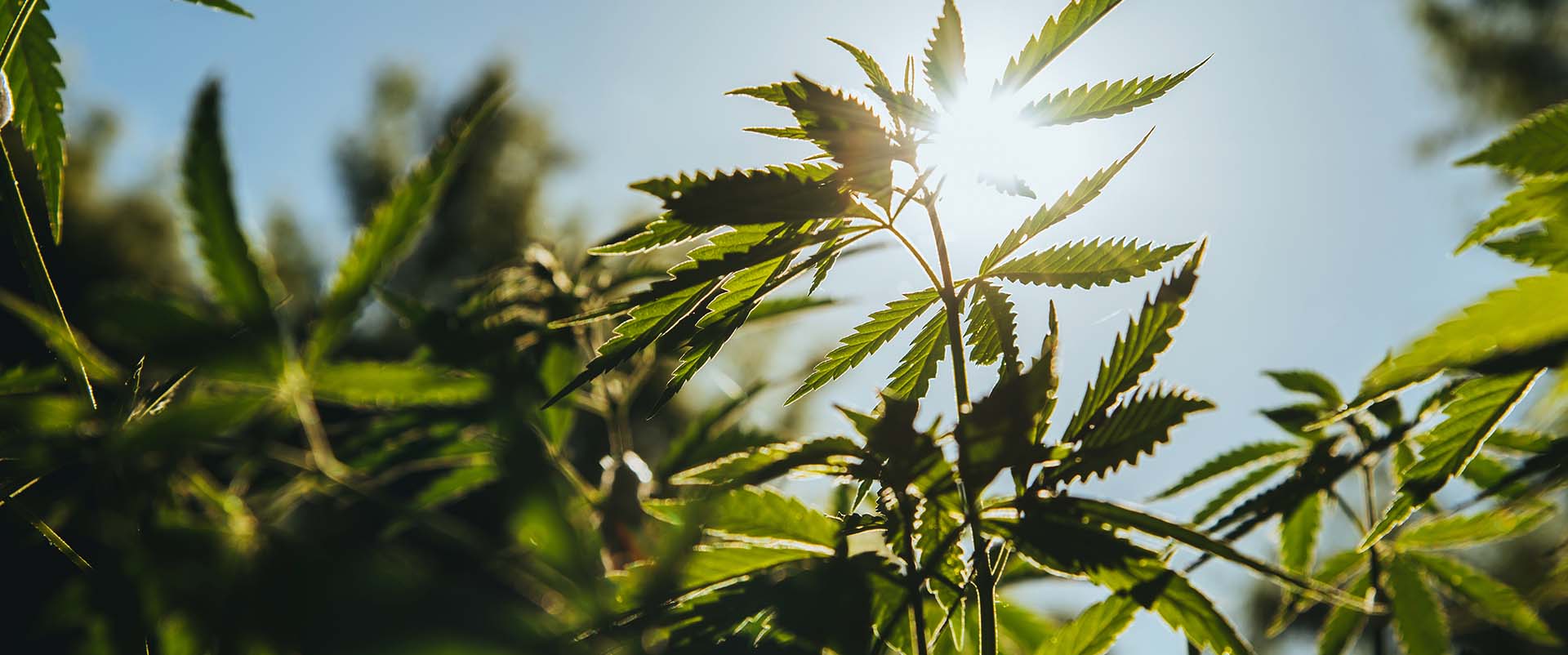
Challenges Faced by Cannabis Businesses in Green Zones
Operating within green zones poses several challenges for cannabis businesses. It’s important for entrepreneurs in this industry to be aware of these challenges and develop strategies to overcome them. Some common challenges include:
Limited Availability of Suitable Locations
Finding suitable locations within green zones can be a significant challenge. Zoning restrictions and buffer zones may limit the number of available properties, making it competitive and potentially expensive to secure or lease an appropriate space for a cannabis business.
Increased Costs and Competition
Complying with green zone regulations often requires additional investments in security systems, odor control measures, and other operational requirements. These costs can add up, especially for small businesses. Moreover, the limited number of available locations within green zones intensifies competition among cannabis businesses, driving up costs for consumers even further.
Navigating Complex Regulations
Green zone regulations can be complex and vary from one jurisdiction to another. Understanding and navigating these regulations require significant effort and expertise. Cannabis businesses need to stay updated with evolving laws and engage legal counsel or consultants with expertise in the industry to ensure compliance.
Benefits of Green Zone Regulations for Cannabis Businesses
While green zone regulations present challenges, they also offer several benefits for cannabis businesses. Understanding these benefits can help businesses navigate the regulatory landscape more effectively. Some notable advantages include:
Reduced Environmental Impact
By establishing specific areas for cannabis operations, green zone regulations promote environmental sustainability. Businesses operating within green zones can implement practices that minimize energy consumption, water usage, and waste generation, reducing their operation and overall environmental footprint.
Increased Safety and Security
Green zone regulations often require stringent security measures, such as video surveillance, alarm systems, and access controls. These measures not only protect the businesses themselves but also enhance safety and security in the surrounding areas. This fosters a sense of trust and confidence within the community.
Community Acceptance
By adhering to green zone regulations, cannabis businesses can demonstrate their commitment to responsible and community-focused operations. Engaging with the local community, supporting social initiatives, and implementing sustainable practices can help marijuana business foster acceptance and positive relationships with neighbors and stakeholders.
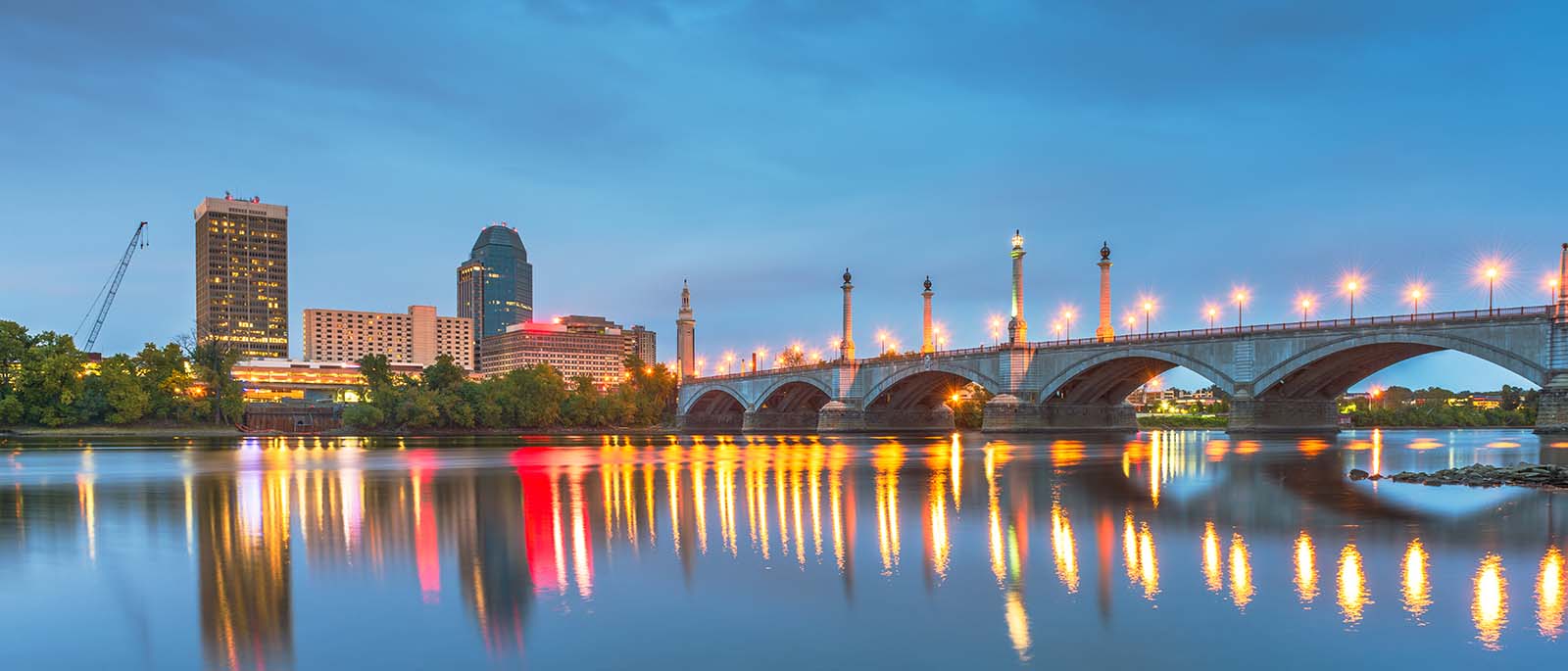
Tips for Cannabis Businesses in Green Zones
Operating a cannabis business within a green zone comes with its unique challenges. Here are some tips to help businesses thrive within these regulated environments:
Conducting Thorough Research
Before establishing a cannabis business, it is crucial to conduct comprehensive research on the specific green zone regulations of the intended jurisdiction. Understand the zoning restrictions, buffer zones, distance requirements, and other compliance obligations to make informed purchasing decisions.
Engaging with the Local Community
Building positive relationships with the local community is essential for success. Engage in open dialogue, address concerns, and actively participate in community initiatives. By becoming a responsible and contributing member of the community, businesses can foster acceptance and support.
Implementing Sustainable Practices
Embrace sustainability as a core value. Implement eco-friendly practices, such as energy-efficient operations, waste reduction strategies, and responsible water usage. These efforts not only align with green zone regulations but also demonstrate a commitment to environmental stewardship.
Future Trends in Green Zone Regulations
As the recreational cannabis using industry continues to evolve, green zone regulations are likely to undergo changes and adaptations. Some future trends to watch for include:
Expansion of Green Zones: With the legalization of cannabis in more jurisdictions, the establishment of green zones may expand to accommodate the growing industry. This expansion may involve the conversion of additional areas for cannabis-related activities.
Refined Distance Requirements: Authorities may refine distance requirements based on scientific research and community feedback. The aim is to strike a balance between the economic benefits of the cannabis industry and the concerns of the surrounding community.
Inclusion of Social Equity Measures: Future green zone regulations may incorporate social equity measures to address historical injustices related to cannabis prohibition. These measures could include provisions for minority ownership, job creation in disadvantaged communities, and reinvestment of tax revenues into affected neighborhoods.
Conclusion
Green zone regulations play a vital role in ensuring responsible and safe operations of cannabis businesses. By establishing specific areas for cannabis operations, these regulations help protect communities, preserve the environment, and foster acceptance. While compliance with green zone regulations may present challenges, businesses can overcome them through thorough research, community engagement, and sustainable practices. By embracing these opportunities, cannabis businesses can thrive within green zones and contribute positively to their communities.
FAQs
Q: What are the penalties for non-compliance with green zone regulations?
A: Penalties for non-compliance with green zone permit regulations vary depending on the jurisdiction but can include fines, license revocation, and closure of the business.
Q: Can a cannabis business operate outside of a green zone?
A: No, a cannabis business must operate within designated green zones to comply with local regulations.
Q: Are green zone regulations the same in every jurisdiction?
A: No, green zone regulations can vary from one jurisdiction to another. Each local government has the authority to determine and establish its own regulations and requirements for cannabis businesses operating within green zones.
Q: How can I find suitable green zone locations for my cannabis business?
A: Finding suitable green zone property locations requires thorough research and consultation with local authorities. Contacting city planners, zoning departments, or engaging with real estate professionals experienced in the cannabis industry can provide valuable guidance in identifying available properties within green zones.
Q: Are there any tax benefits associated with operating in a green zone?
A: Tax benefits may vary depending on the jurisdiction. Some regions may offer tax incentives or reductions for cannabis businesses operating within green zones as a way to promote compliance and stimulate economic growth. It is advisable to consult with your municipality or a tax professional familiar with local regulations to understand the specific benefits available.
Q: How can I ensure my cannabis business remains compliant with evolving green zone regulations?
A: Staying up-to-date with the latest regulations is essential. Regularly monitor local government websites, attend industry conferences and seminars, and engage legal counsel or consultants who specialize in cannabis regulations. Building a strong compliance program within your business and maintaining open communication with local authorities will help ensure ongoing compliance.
Q: What steps can I take to minimize the environmental impact of my cannabis business in a green zone?
A: Implementing sustainable practices is key to reducing the environmental impact. Consider energy-efficient lighting systems, water recycling methods, and waste management strategies. Engage with environmental consultants to conduct regular assessments and audits to identify areas for improvement and implement sustainable solutions.
Ask Us About Our Cannabis Green Zone Valuations?
PsyCann's team of cannabis real estate consultants and brokers are experts at assessing green zone real estate. To learn more schedule a FREE no obligation cannabis consultation today!
More To Explore






